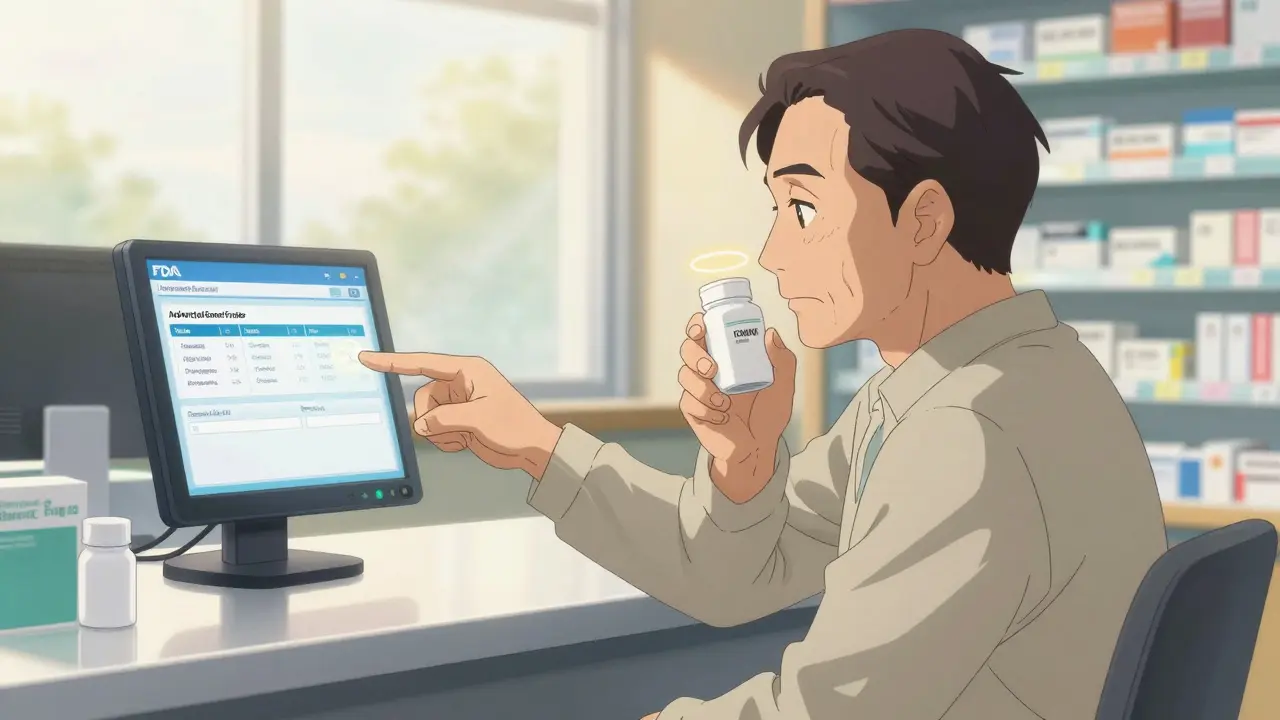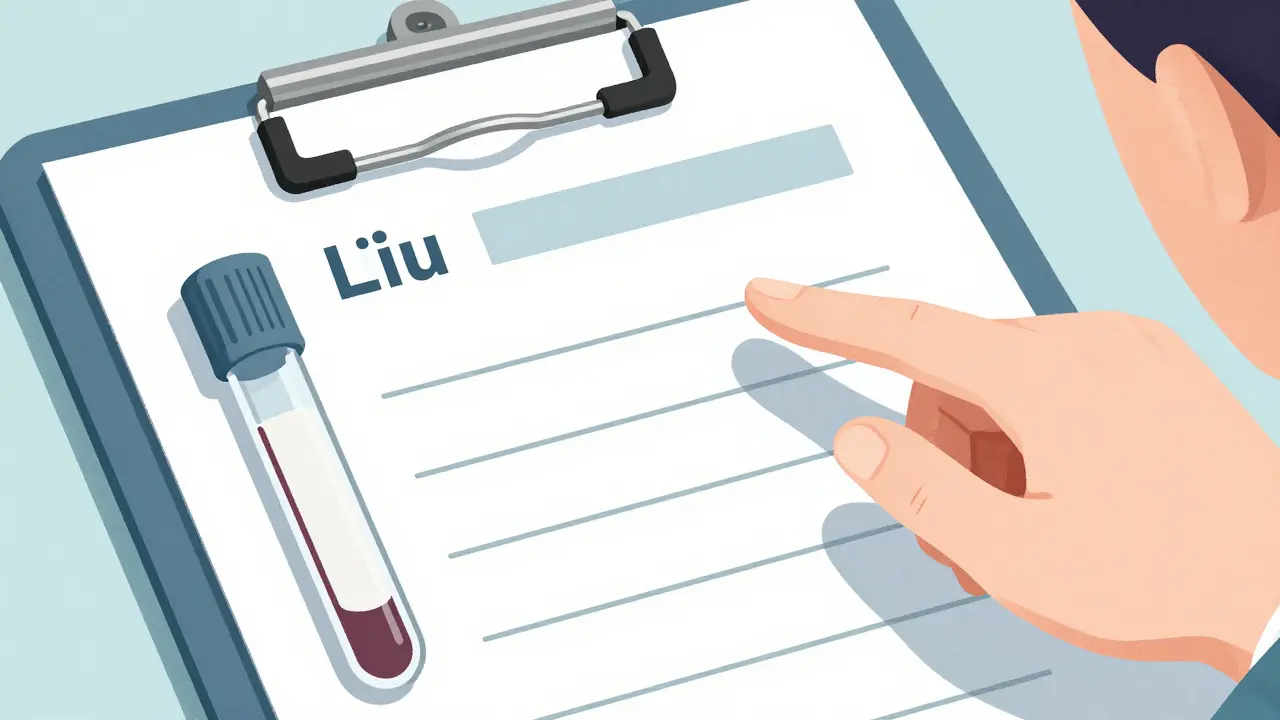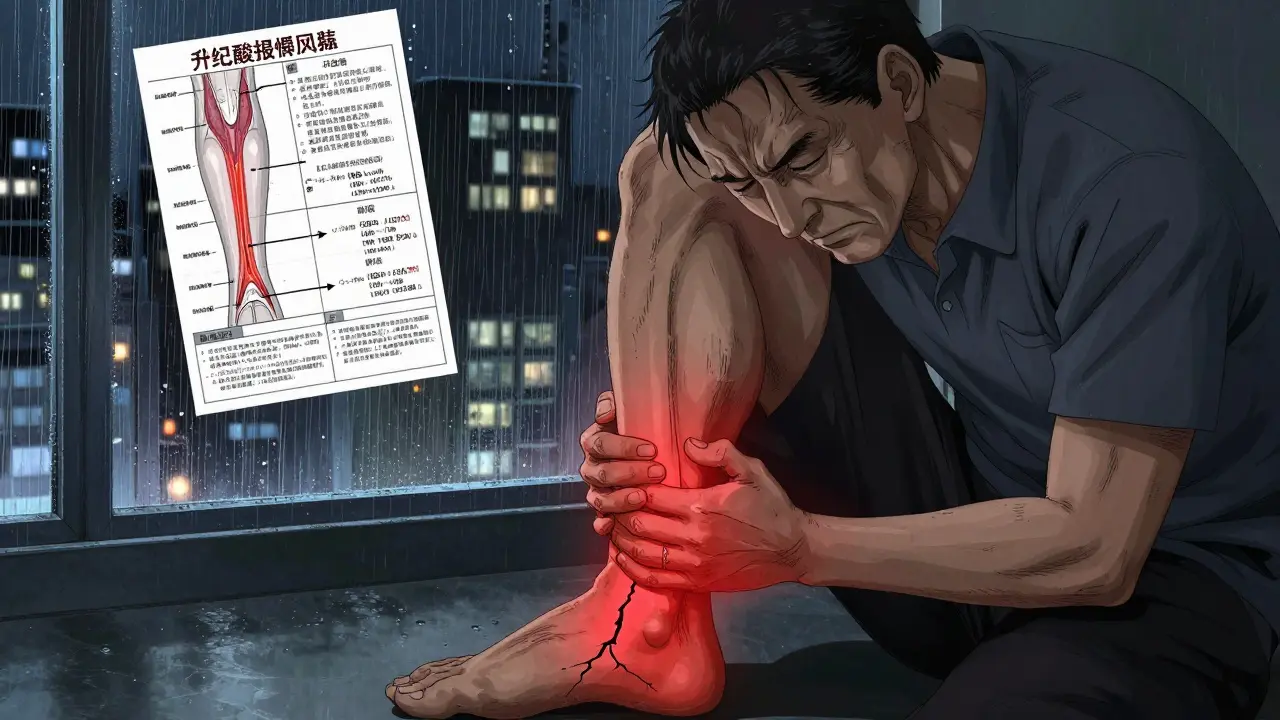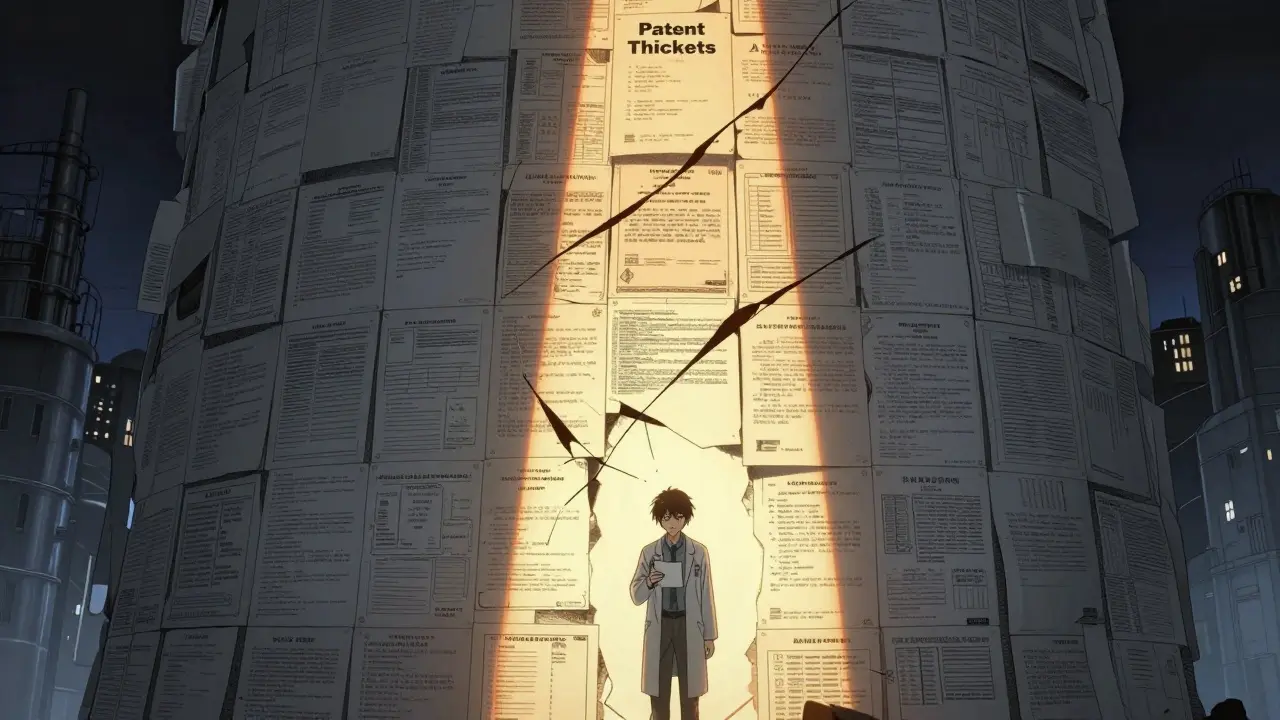Butylscopolamine: What It Is, How to Use It, and What to Expect
Ever wondered why doctors sometimes give a drug called butylscopolamine for belly pain? It’s a mouthful, but the idea is simple: it helps smooth the muscles in your gut so they don’t spasm. In plain terms, it’s a medicine that calms cramping and makes you feel less uncomfortable.
Butylscopolamine belongs to a class of drugs called antispasmodics. You might see it listed as Buscopan, Dicodid, or by its chemical name. It works by blocking certain signals in the nervous system that tell your intestines to contract. When those signals are blocked, the muscles relax and the painful cramps ease.
Common Uses
Doctors commonly prescribe butylscopolamine for:
- Abdominal pain caused by irritable bowel syndrome (IBS).
- Stomach cramps after abdominal surgery.
- Menstrual cramps that feel like a tightening band.
- Colicky pain in infants, although usage in kids is limited.
The drug can be given as a tablet, an injection, or a suppository, depending on how fast relief is needed and what’s most comfortable for the patient.
Dosage and Administration
For adults, the typical oral dose is 10 mg three to four times a day, taken with a full glass of water. If you need faster relief, a doctor might give a 10 mg injection into a muscle or vein. Children under 12 usually get a lower dose, and many doctors avoid using it in very young kids because safety data are limited.
Always follow the prescription label. Don’t double up if you miss a dose; just take the next one at the regular time. If you’re using the suppository form, make sure the area is clean and follow the instructions for insertion.
Because butylscopolamine can dry out secretions, you might notice a dry mouth or a slightly blurry vision. These effects are usually mild and go away when you stop the medication. Rarely, people experience more serious side effects like a fast heartbeat, severe dizziness, or trouble urinating.
If any of those happen, stop the drug and call a healthcare professional right away. It’s also a good idea to tell your doctor about other medicines you’re taking, especially antihistamines, antidepressants, or other anticholinergic drugs, because they can add up and increase side‑effects.
People with glaucoma, enlarged prostate, or severe heart problems should avoid butylscopolamine unless a doctor says it’s safe. Pregnant or breastfeeding women need special approval because the drug can affect the baby.
Store the tablets in a cool, dry place away from direct sunlight. Keep injectable vials and suppositories in their original packaging until you need them. Dispose of any leftovers according to local pharmacy guidelines – don’t just toss them in the trash.
When should you see a doctor? If cramps persist after a few days of treatment, if you develop a fever, or if you notice blood in your stool, get medical help right away. Those could be signs of a more serious condition that needs different treatment.
In short, butylscopolamine is a handy tool for easing muscle spasms in the gut. Use it as directed, watch for side effects, and talk to your doctor if anything feels off. With the right approach, it can bring quick relief and get you back to feeling normal faster.

Butylscopolamine for Diverticular Disease: Benefits, Side Effects, and Real-World Use
Explore how butylscopolamine helps treat diverticular disease, manage symptoms, and improve gut health. Insights, side effects, and practical tips—all in one guide.




